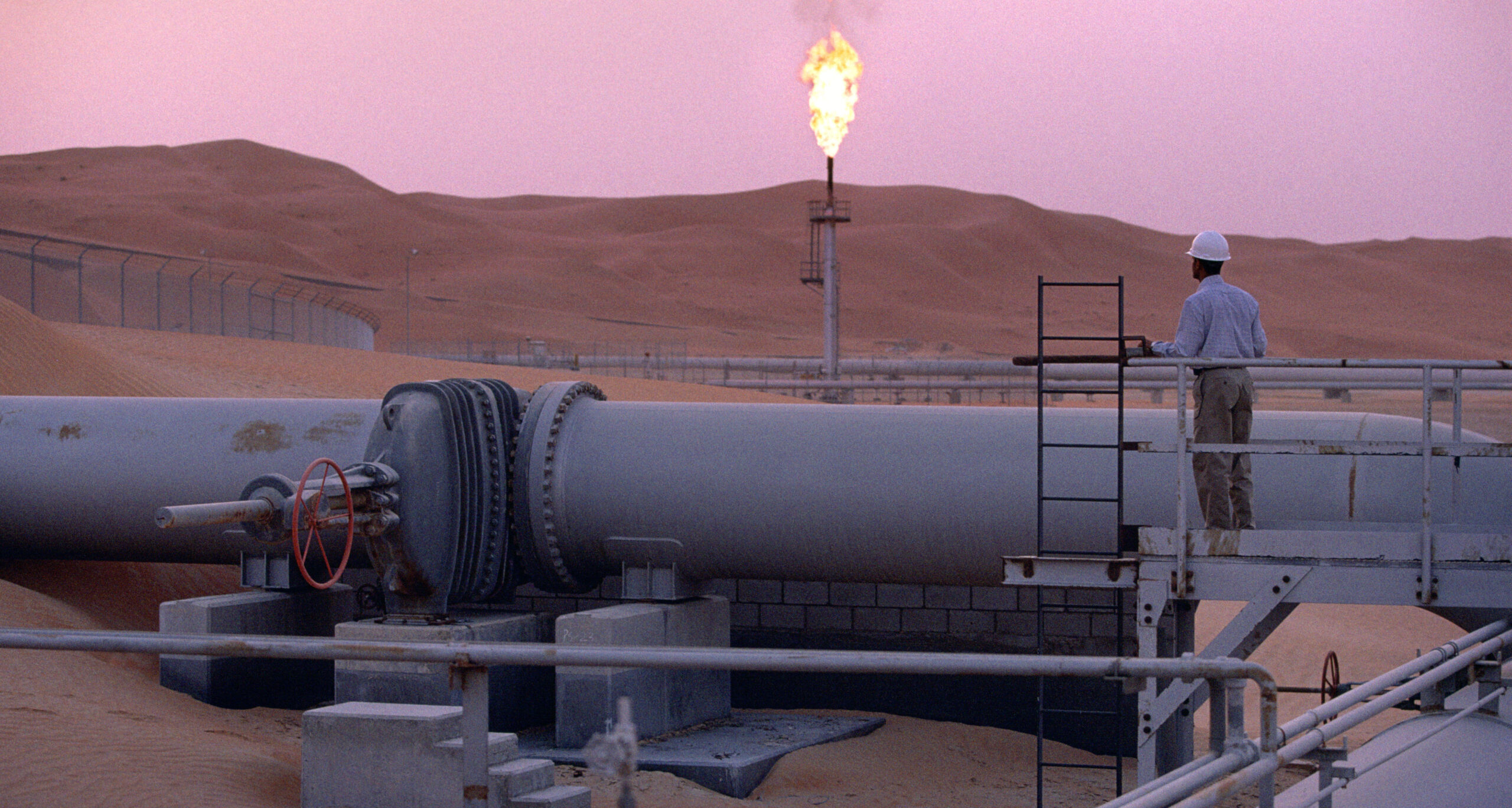Oscar Wilde is said to have defined a cynic as a person who “knows the price of everything and the value of nothing”. While we can’t be sure of Wilde’s position on global energy markets, contemporary policymaking in the energy sector suggests that his definition would fit here, too.
Although the International Energy Agency continues to publish reports about how peak oil demand is just around the corner, reality stubbornly refuses to comply. Saudi Arabia has just announced its intention to continue its one-million-barrel-a-day cut until the end of the year, which constitutes about 1% of daily global oil use. The international crude benchmark Brent, however, has risen around 20% this month, demonstrating how inelastic the demand for oil truly is.
If energy is the only real global currency — because nothing can get done without it — then oil is the master currency. The price of oil is one thing, the value quite another. One barrel contains the same amount of energy as 25,000 hours of human labour — or 12.5 years of physical work by an average human being.
In one way or another, we encounter oil-based products every day. We do not use crude in its raw form, but instead in the myriad of things that can be made from it. Over 6000 different products are based on this unique fossil fuel, and if the price for crude oil goes up, so will the price of everything we need it for.
Food prices, for example, are bound to increase over the next few months as the price of diesel rises faster even than that of oil. Diesel, however, is the lubricant that keeps mechanised agriculture and supply chains running: if supply becomes tight, higher prices will be passed on to consumers.
It might seem counterintuitive, but what we pay for our food is directly connected to the global oil market. When Western politicians like Justin Trudeau call on grocery chains to reduce prices, this clearly reflects their lack of understanding as to how the modern oil-based economy works. Both farmers and transportation companies have to pay more for their fuel, a direct consequence of Western policies which continue to claim that oil can easily be substituted by other means.
As we are about to find out, it will not be that straightforward. For decades Western politicians have refused to make investments into refining capacities, leading to a growing crunch in necessary distillates like diesel. If one expects renewables to come to the rescue, then it’s time to think again: the offshore wind industry is on the verge of collapsing, while solar and electric vehicles are encountering problems as well. As it turns out, even renewables need oil, for everything from lubricants in wind turbines and plastic in EVs to the massive amounts of diesel needed in the mining industry to satisfy the renewables sector’s hunger for minerals and rare earth elements.
The next few years will most likely demonstrate that we are still far from peak oil demand or supply. Whatever the price of the resource, its value to modern civilisation will be almost irreplaceable.











Join the discussion
Join like minded readers that support our journalism by becoming a paid subscriber
To join the discussion in the comments, become a paid subscriber.
Join like minded readers that support our journalism, read unlimited articles and enjoy other subscriber-only benefits.
Subscribe